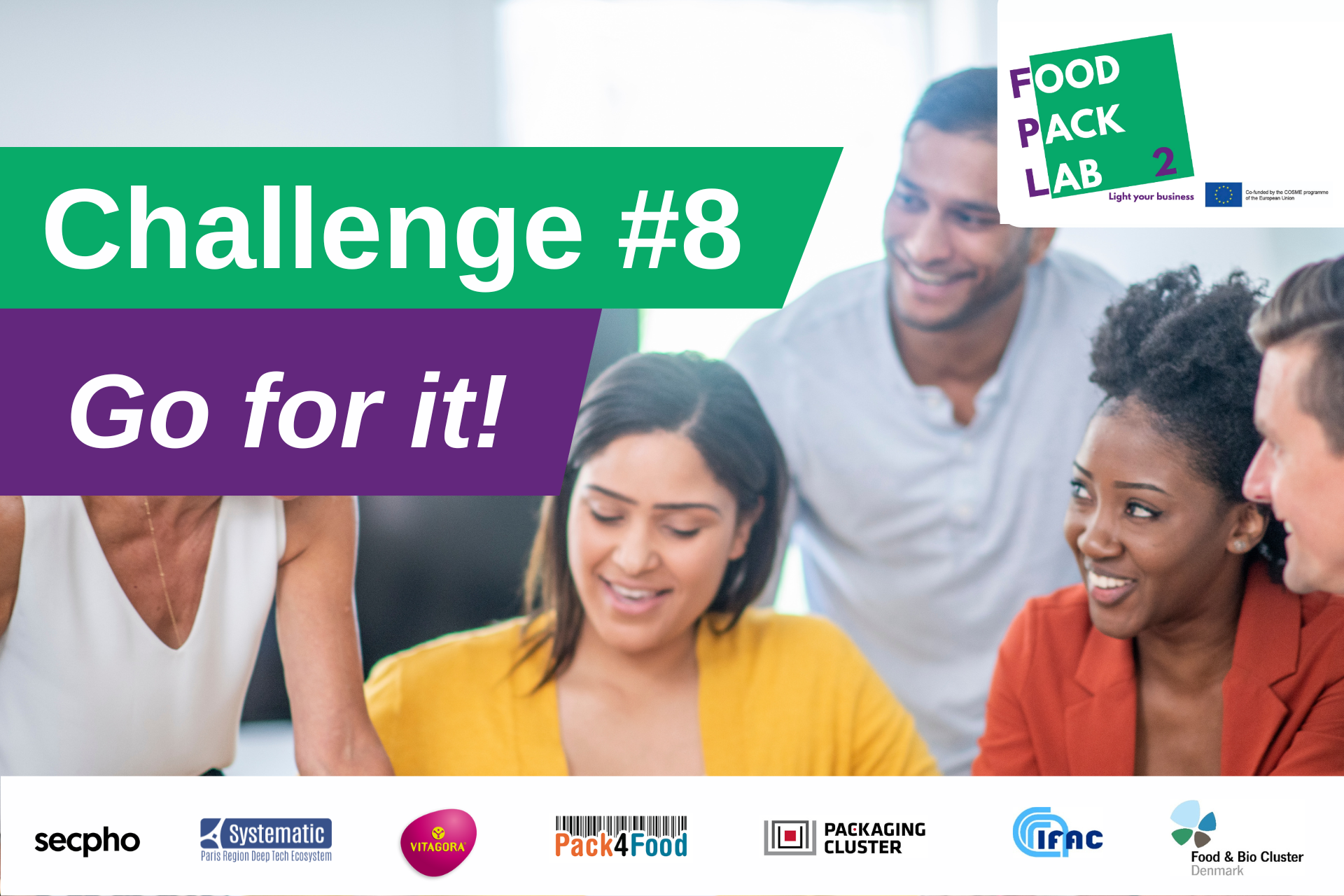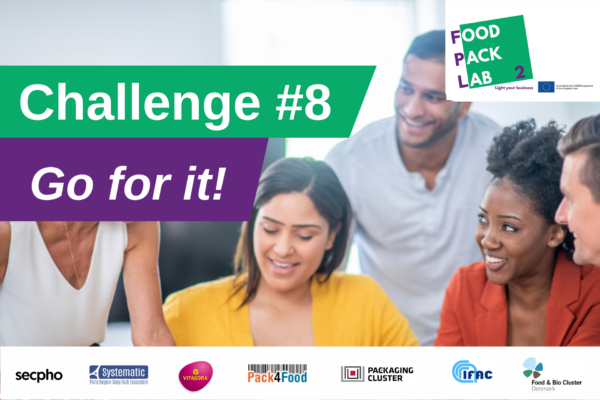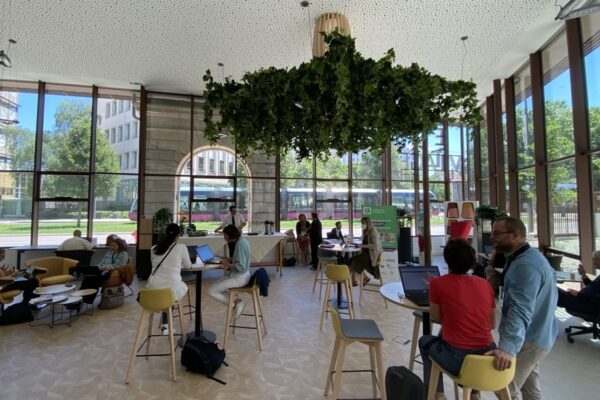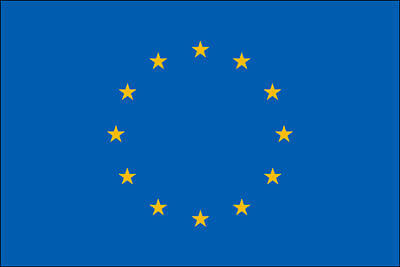
30/08/2022
Technological solutions for rapid microbiological testing of food products – Challenge #8
A FoodPackLab 2 partner located in South Africa is looking for a solution to its challenge. The company is specialized in consulting in development and implementation of food safety systems for food manufacturers, advice for catering companies and design of laboratories, industrial facilities, auditing and certification in the agri-food sector.
This company is looking for technological solutions for rapid microbiological testing of food products.
Why?
• To be able to find contamination problems before they cause operational or safety issues in processing
• Clients to stay in control of food safety risk assessment strategies and be able to routinely monitor
• To be able detect contamination and associated risks early enough to prevent the need for expensive remediation
• For clients to fully understand the extent of a contamination before deciding on the appropriate remediation
• To be able to determine whether a contamination is microbiological or not
• Finally, to be able to validate anti-microbial remediation efforts have been effective
Our partner’s requirements include:
• Test kits that can detect attomoles of the target rRNA molecules in yeast or bacteria
• Look at cells that contain a large number of rRNA containing ribosomes; a single cell therefore contains several thousand copies of rRNA but only one DNA copy
• Test kits to provide sensitivity in crude biological samples and it should not be susceptible to matrix interference
• By using specific probes, a system to allow both genus and species specific detection
• Hence making it applicable to many analytical fields, including monitoring the microbial content of beer, wine, non alcoholic beverages, drinking water, a wide variety of foods and wastewater
Thus test kits should to be able to:
• Detect viable microorganisms only minimizes false positive results from dead bacteria
• Not sensitive to sample matrix
• Genus and species specific detection
• Results in approximately 2 hours after enrichment
• Have broader application range: beer, wine, non alcoholic beverages, drinking water, food samples ( meat, poultry, confectionery, oils, nuts, RTE, RTH) and wastewater
• Be ISO 17025 compatible, thereby allowing the ‘mobile lab’ to be accredited for the tests
We encourage you to send your technological capabilities to foodpacklab@outlook.com (a short presentation of 3-4 slides) no later than next Friday, 9 September.



 This website was funded by the European Union’s COSME Programme (2014-2020)
This website was funded by the European Union’s COSME Programme (2014-2020)